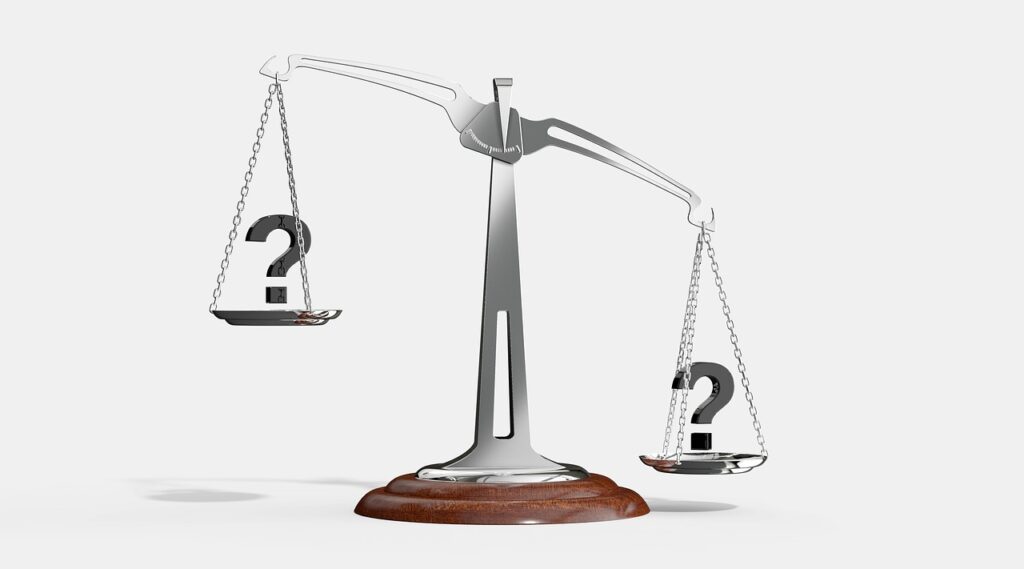Leaving Unequal Inheritances

When choosing how to divide up your estate, a seemingly simple choice may be to distribute your children’s inheritances evenly. But what happens when life hits your family unexpectedly? You may wish to give one child a larger inheritance than others, or you may wish to cut out a child all together. There can be situations in life where leaving unequal amounts to your loved ones is better suited for your family.
Doing what is “fair” does not have to mean equal. You may want to give more or solely to one child than the others. If one of your children was constantly the one who took care of you, perhaps you may want a larger inheritance to them as a token of appreciation. Or, if a child has special needs and will likely require extra care, you could decide to leave them a greater amount than their siblings, so they will have the resources they need. Additionally, you may have a child who won a large amount in a lottery or makes considerably more than their siblings. They would theoretically have less of a need for an inheritance and may want to forgo it all together. Because everyone’s family circumstances are different, your plans need to be customized so they work best for you and your needs.
Alternatively, you may want to give less to a particular child or disinherit them, again depending on the circumstances of your family. You may have an estranged relationship with a child, and not want to leave them anything. Or, as a different approach to an earlier example, if you have a child who has special needs, and is receiving benefits, you may want to leave them less. That way they don’t lose access to their benefits and use their inheritance to supplement when needed. Another example could be if you have a child who has an addiction, you might not want to leave them the means to support that habit. Working with an estate planning professional can help you plan for these, and other challenges, that result in your children receiving different inheritances.
Another way an inheritance can be unequal – and another place you can customize your plan to your needs – is in the access you give your children to their inheritance. By working with an estate planning attorney, you can shape your plan stating when and how your beneficiaries inherit. If they are fiscally responsible, you could consider giving to them outright or in a trust share with creditor protections that they are in control of. If they are minors, have special needs, or you believe them to not be ready, you could leave their inheritance to them in a trust share that someone else is in control of until an age you deem appropriate for them to take over, if ever. Or there can be some combination based on each child’s varying needs and responsibility levels. By working with an estate planning professional, you can learn different approaches to determine what may work best for your loved ones.
“If” and “may” intentionally appeared many times throughout this piece. That is because no two families, and no two children, are exactly the same. Estate plans should not be based in a one-size-fits-all approach. They should be customized to you – to your needs, to your family’s circumstances. Because if they are not, they won’t work. Especially if you are considering leaving unequal amounts to your children. You want to make sure you have knowledge of all the potential strategies on how to accomplish your goals. You also want to make sure you have a resource to combat disagreements among family members. An estate planning attorney can help you and your family avoid the unnecessary conflicts that could stem from siblings receiving differently.
To find out more about leaving an unequal inheritance or discuss a plan that can be tailored to your family’s specific ifs and mays, contact our office to set up a complimentary initial consultation at (248) 409-0256.




